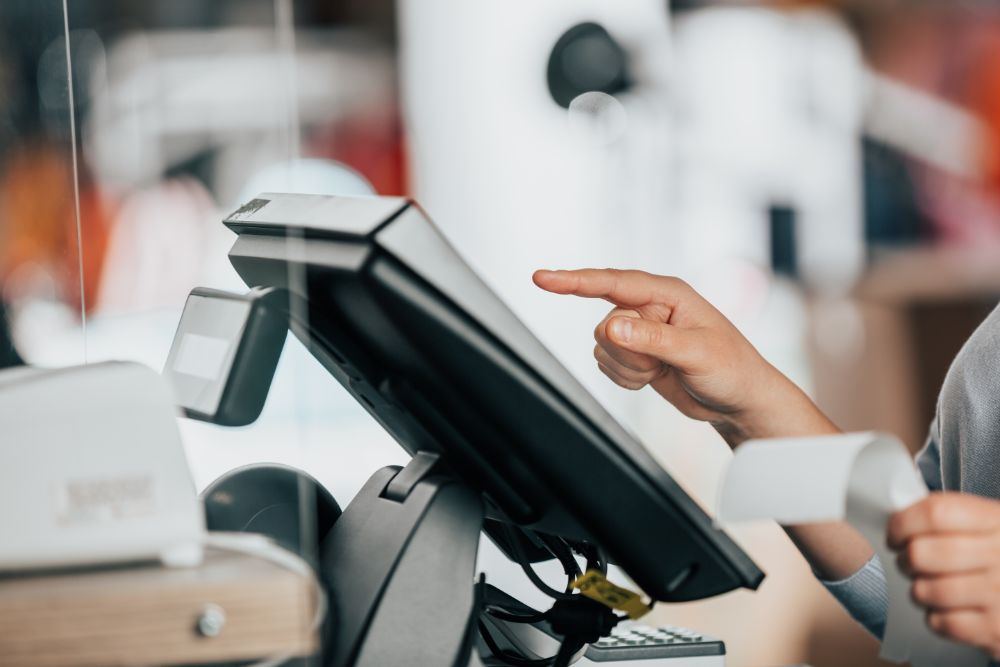You have heard of many things about the importance of investing in a point of sale (POS) system. Many times, you go looking for one with all those advanced technologies that you think will help boost your business. A straightforward POS system is what you actually need. There is no need for fancy systems. As long as you have the following things considered, your system is good to go.
What is a POS System?
It is actually helpful in gathering all transaction data in one spot. Many POS systems of today already provide the tools that you basically need – from swiping of magnetic cards to those that help manage employees as well as track inventory. Gone are the days when traditional registers only focus on the various payment methods that you can use when accepting customer payments.
Why Use a POS Solution?
It is to track and manage inventory, know more about repeating customers, and understand your sales trends. It is also a great tool to help your customers experience enhanced mobile solutions when checking out items from your shop. Rewards programs may likewise be integrated into the system.
What are the Expected Costs?
The cost of POS solutions varies from one type to another. Many providers have different software setup to accommodate the needs of their clients. Initial investment, and the cost of maintaining one is not a joke, but payment plans are in place. Promo bundles are given by many providers so that you can save more on your investment. Basically, bundles may cost anywhere from $300 to $900, while the POS software costs anywhere from zero charge to $299 monthly. Check on interchange fee if they exist in your chosen provider.
What’s Included in the system?
As mentioned, you are no longer limited to owning just a cash register with your system. Small businesses, in fact, can get the POS cash register (or the equivalent Android or iPad system) together with a cash drawer, credit card reader, and receipt printer. There are other things that may be added to the package including customer displays, mobile units, and self-service kiosks, just so your customers will enjoy shopping with you all the more.
What Types are Available?
Retailers usually prefer reliable standalone systems, but there are those who are also after portability, hence the use of iPad solutions or other mobile units depending on their needs. Self-service kiosks are integrated so that the store can carry out contactless payments. Many of these systems incorporate features using the cloud, thus giving users different tools whether in the store or at home.
What are Other Crucial Things to Consider with the Choice?
It is not just about the costs or additional fees you may incur with the setup. Features, as well as payment processing options must come to mind. Hardware types must form part of the consideration as well. If you want a system that basically helps with e-commerce, there is always a choice for you. The same thing is true if you want to focus on inventory management. In other words, your choice depends on your actual needs for one.
